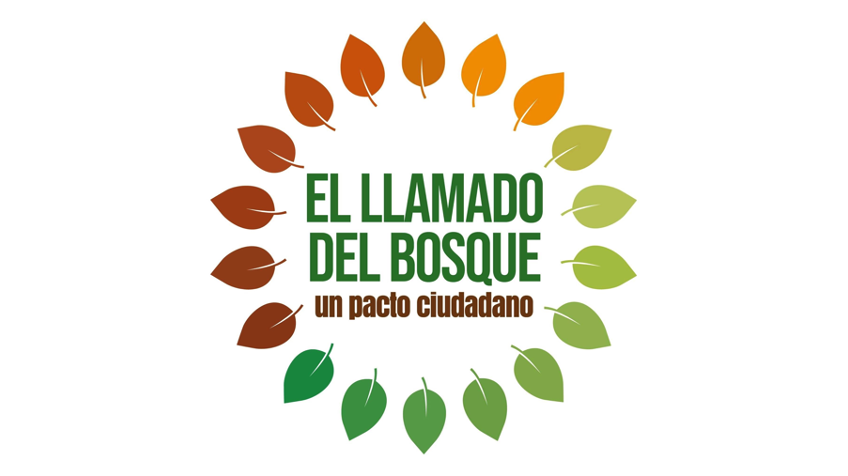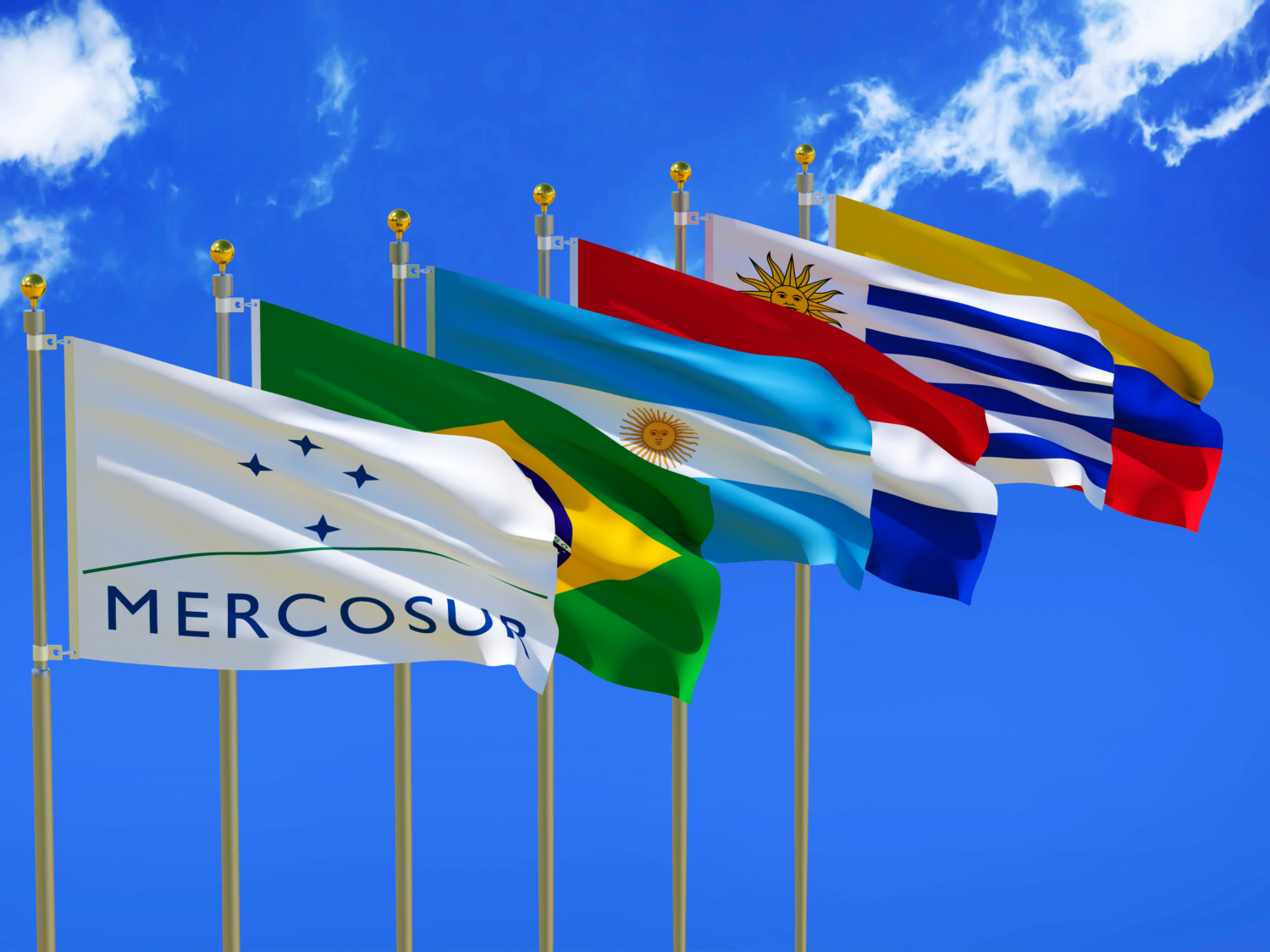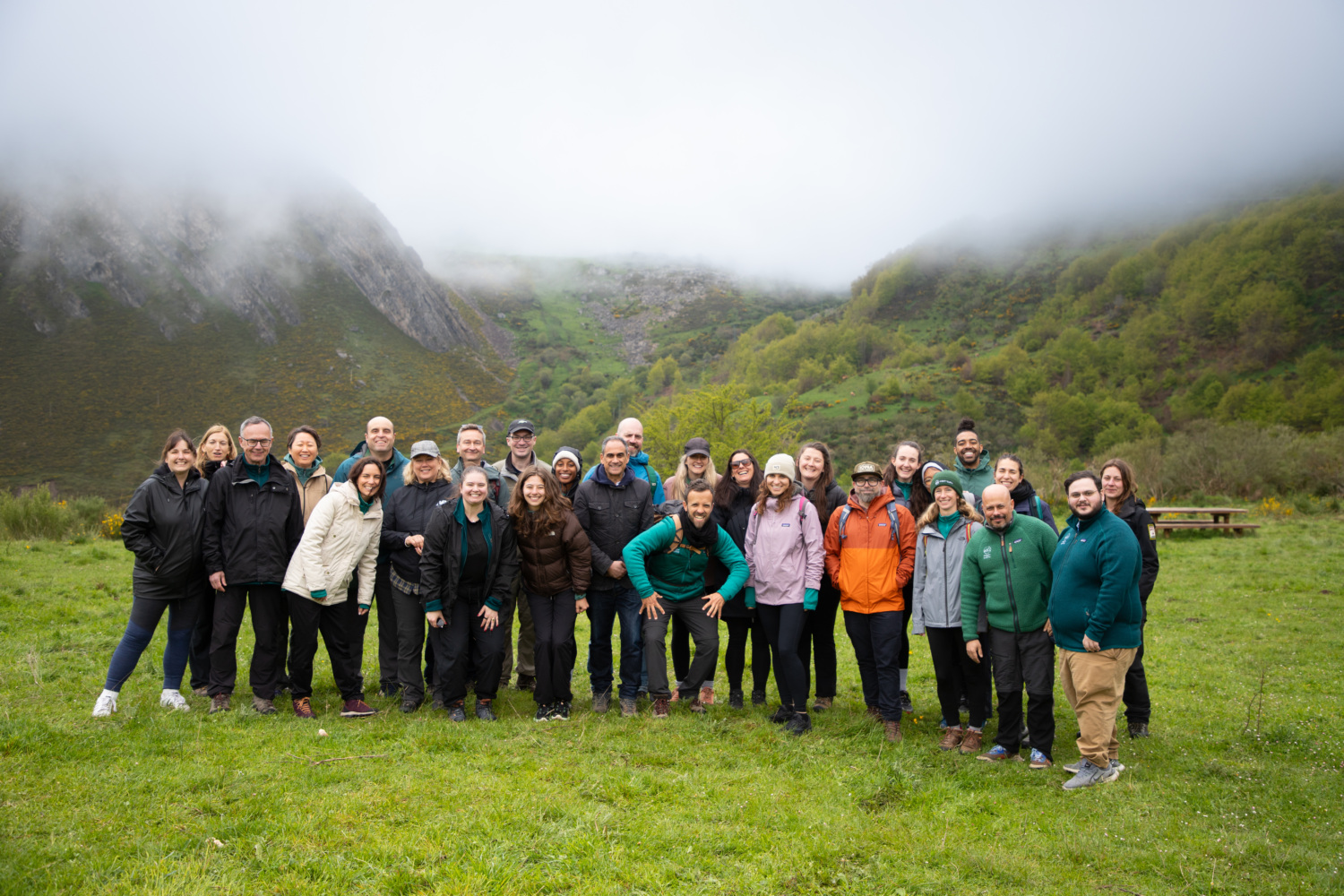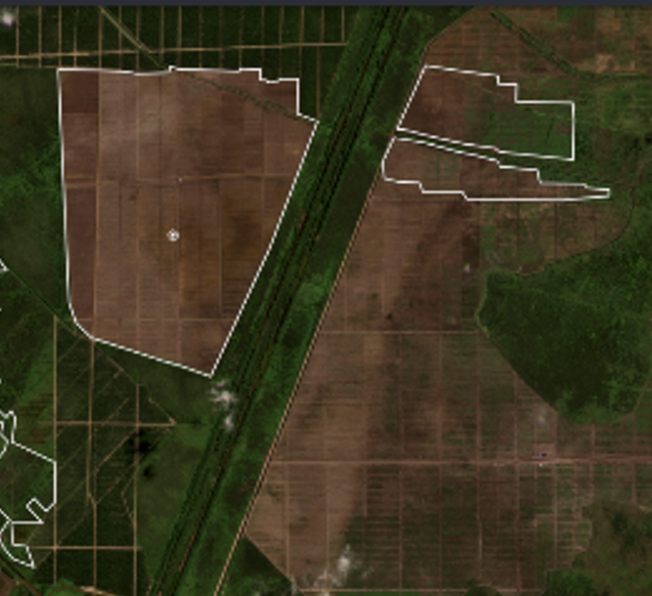
Bolivia leaders and international organizations join forces to rescue Bolivian forests
Over the past five years, 600 civil society leaders and Bolivian organizations signed El Pacto del Bosque. Today they are joined by more than 20 international organizations that agree on the urgent need to find real solutions to stop the alarming deforestation rate in Bolivia (FCBC Report). Deforestation is the leading cause of the massive forest fires that ravaged more than 9 million hectares of protected national parks and forests in the Department of Santa Cruz between 2019 and 2020 (FAN Report). The Chiquitano Dry Forest, the largest tropical dry forest on the continent, has been severely affected by the deforestation linked to agriculture and cattle ranching and the increase in irregular human settlements.
Among the different international organizations endorsing El Pacto del Bosque are Action for Bolivia, Birdlife International, Canopée – Forets Vivantes, Changing Markets, Comissão Pastoral da Terra – Brasil, Deutsche Umwelthilfe (DUH), Dogwood Alliance, Earthworm Foundation, Envol Vert, France Nature Environnement (FNE), Global Witness, Justice and Environment, National Wildlife Federation, Notre Affaire à Tous, NRDC, Mighty Earth, Rainforest Foundation USA, Reclaim Finance, Rights and Resources Initiative, Seattle Avocats, Tropenbos International, and ZERO – Associação Sistema Terrestre Sustentável.
The alarming deforestation rate in Bolivia has raised the interest of well-known personalities, including journalists, historians, artists, environmentalists, indigenous leaders, businessmen, citizens, and scientists who have joined forces behind El Pacto del Bosque. This initiative is led by the grassroots organization El Llamado del Bosque, which urgently seeks to find agreements, build strategic alliances and engage in actions intended to conserve the country’s natural heritage.
“We need industry to offer sustainable agricultural products that preserve fragile ecosystems. There’s a growing international market for these commodities, free of fires and deforestation, with high demand and high profit margins. It’s important to learn from successful examples of agreements between government, industry, and civil society in South America that have managed to stop the destruction of the country’s natural heritage and biodiversity without undermining the country’s’ agro-export potential,” said Gina Méndez, founder of the organization El Llamado del Bosque.
In 2006, the leading soy traders in Brazil, the Brazilian government and civil society signed an agreement to prevent the expansion of soy production in the Amazon rainforest. This agreement allowed for the expansion of soybean cultivation, doubling from 1.35 to 3.65 million hectares (2008-2015), without causing further deforestation since production only expanded on to previously cleared land.
“With massive support from significant Bolivian stakeholders, and now with the ample support of environmental organizations in Europe and the United States, we publicly invite the country’s soybean and cattle sector bodies, ANAPO, CAO and FEGASACRUZ, to join this open dialogue that seeks a long-lasting solution for an urgent problem: the destruction of the Chiquitano Dry Forest, the largest and best-conserved forest of the continent,” concluded Méndez.
European companies are also beginning to closely monitor for responsible and deforestation-free agricultural production to meet the growing demand of its consumers.
“The voracious appetite of European consumers is fueling the destruction of the jungles and forests of South America. However, and thanks to the work of civil society organizations, European citizens are increasingly aware of the negative impacts of their consumption patterns. They are beginning to demand deforestation-free products from supermarkets and restaurants. We believe that Bolivian farmers and cattle ranchers have a unique opportunity to protect the Chiquitano Dry Forest and guarantee a deforestation-free production,” said Nico Muzi, Europe Director of the global environmental organization Mighty Earth, one of the signatory organizations.


